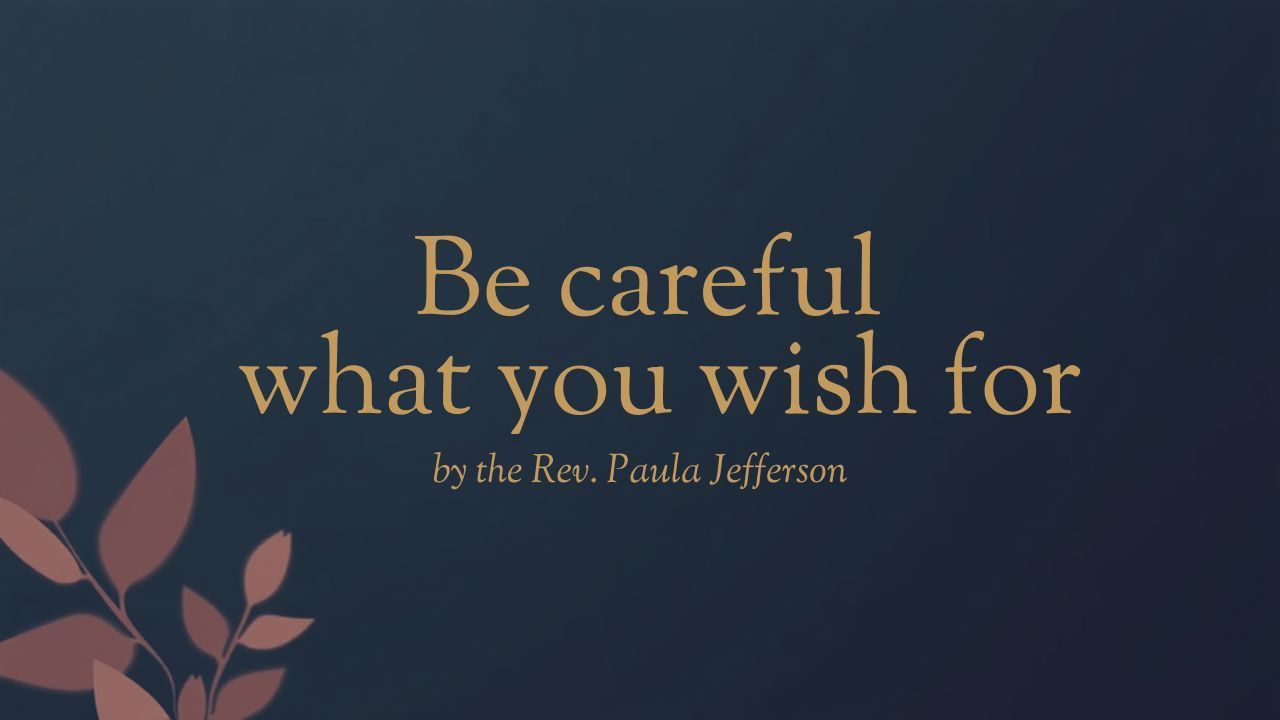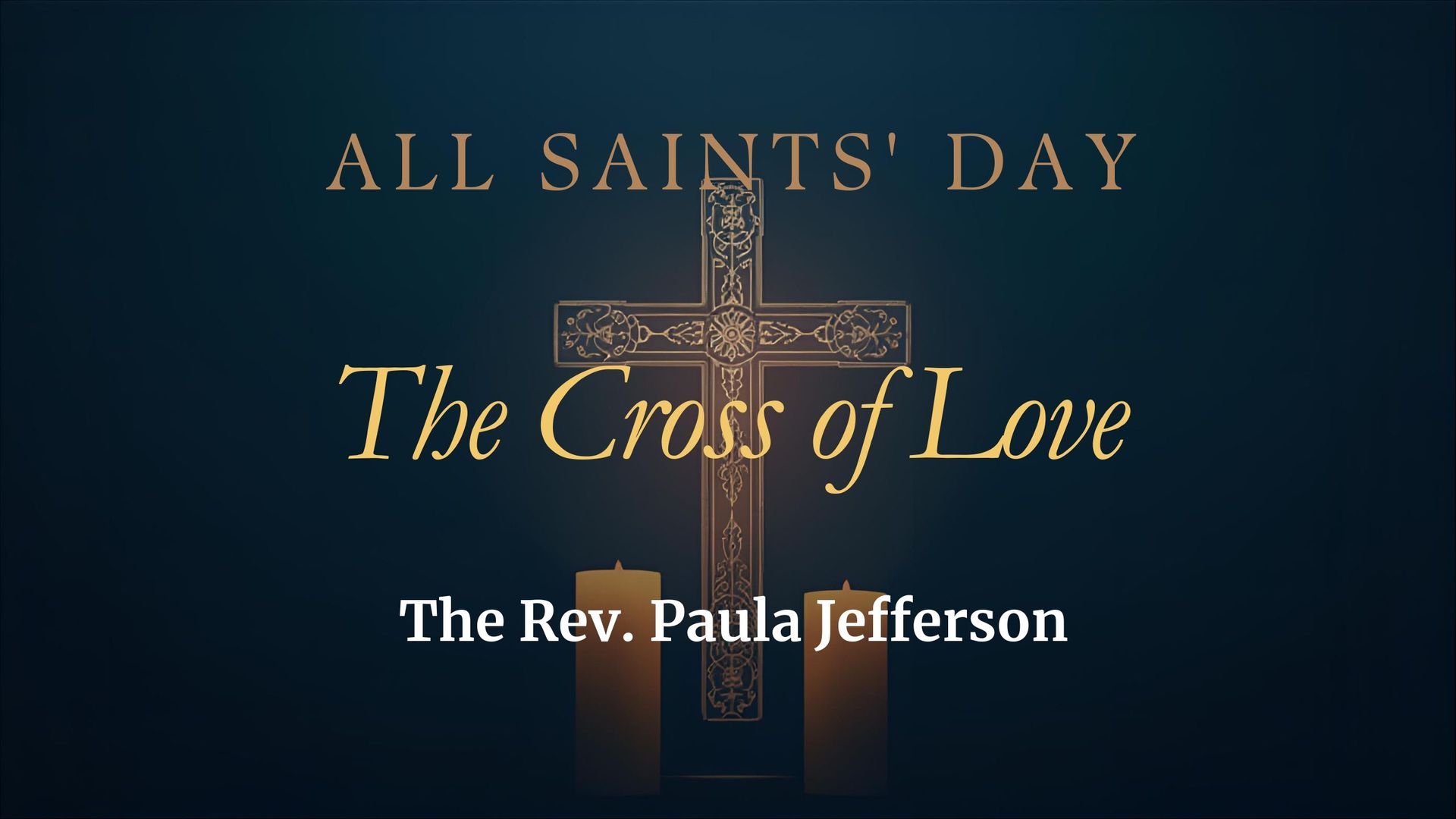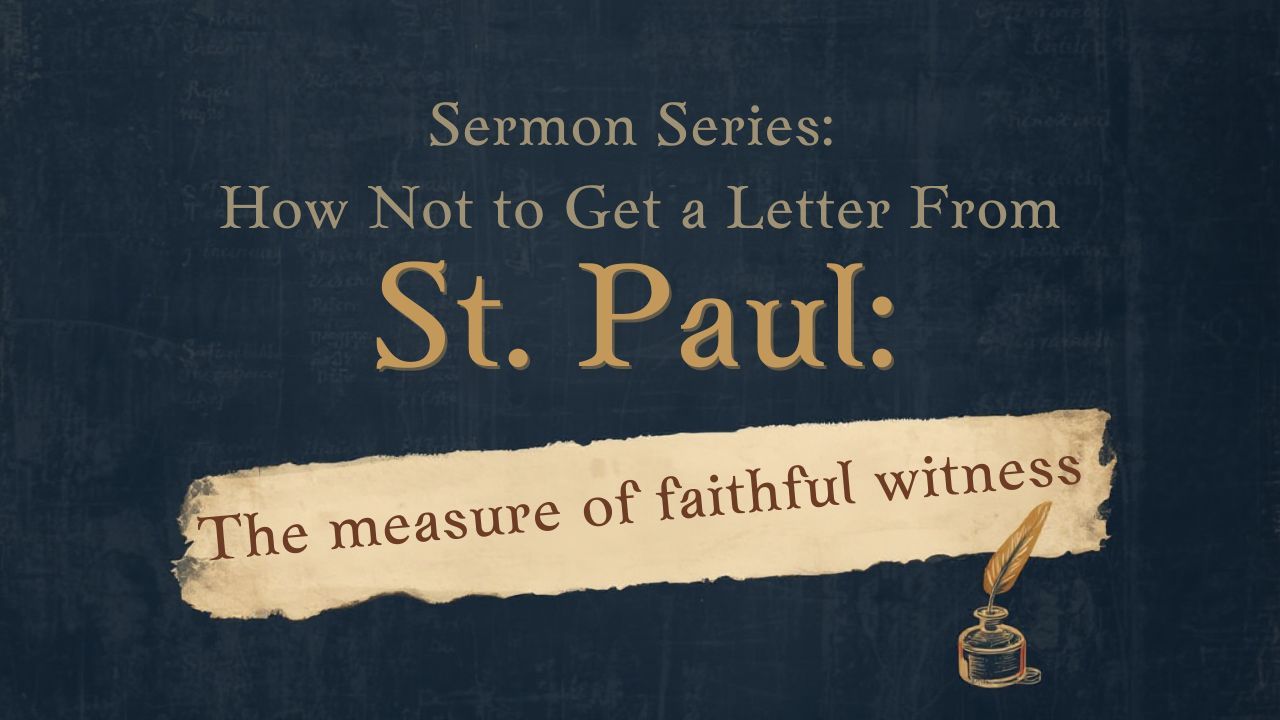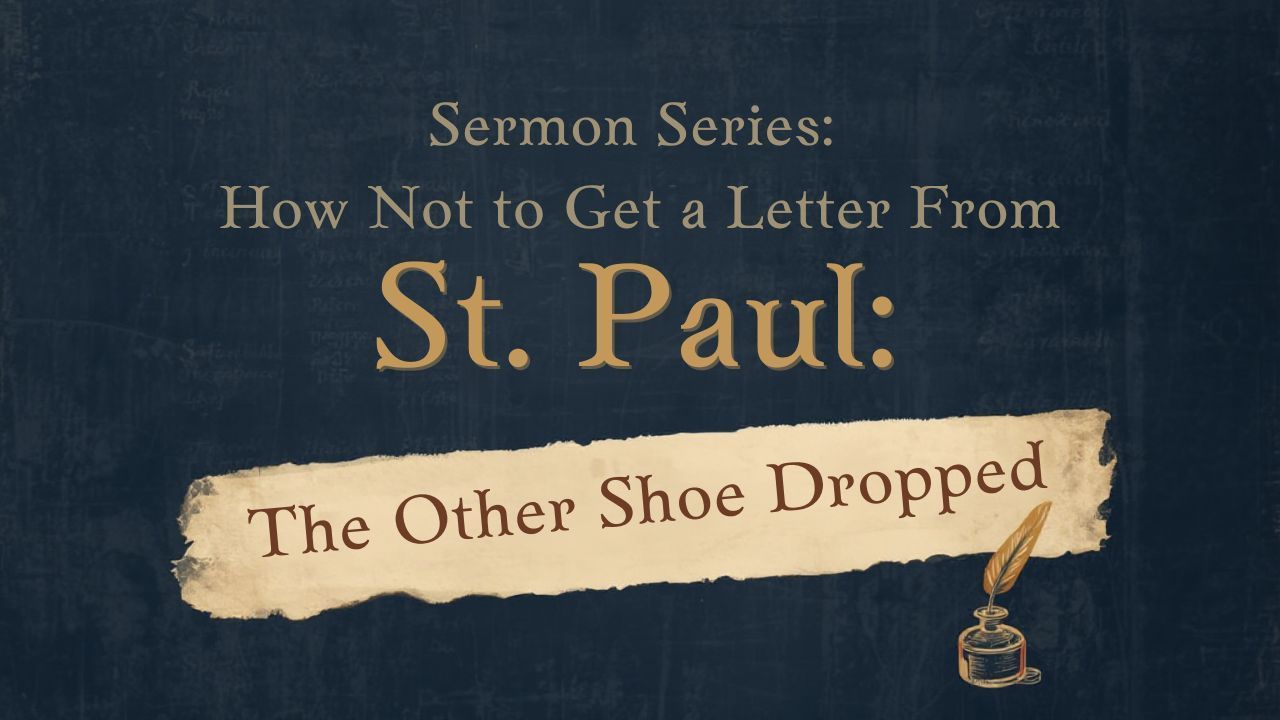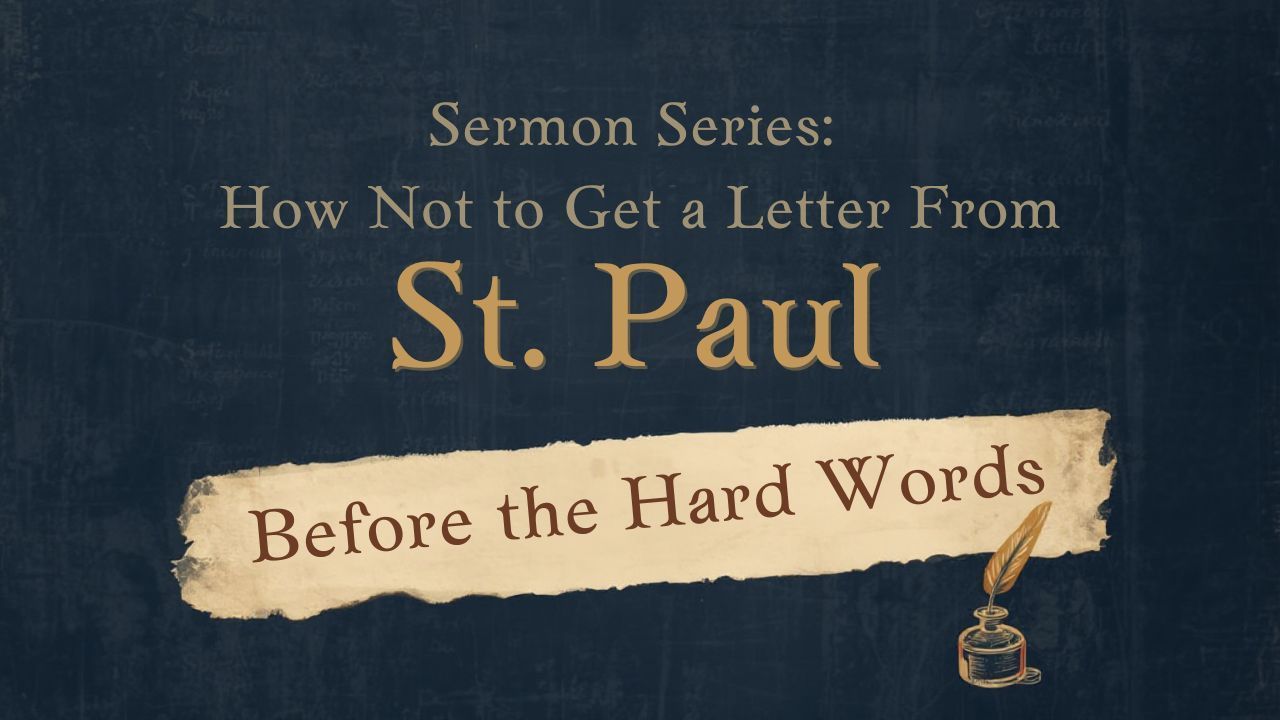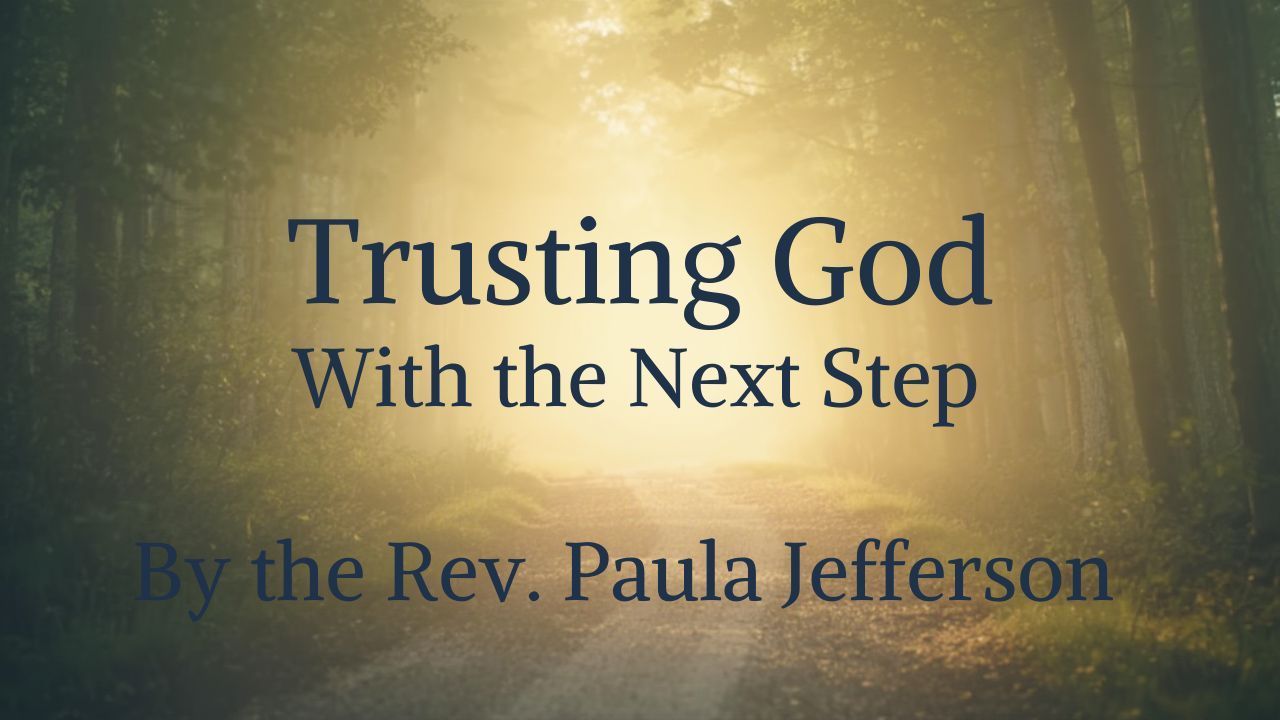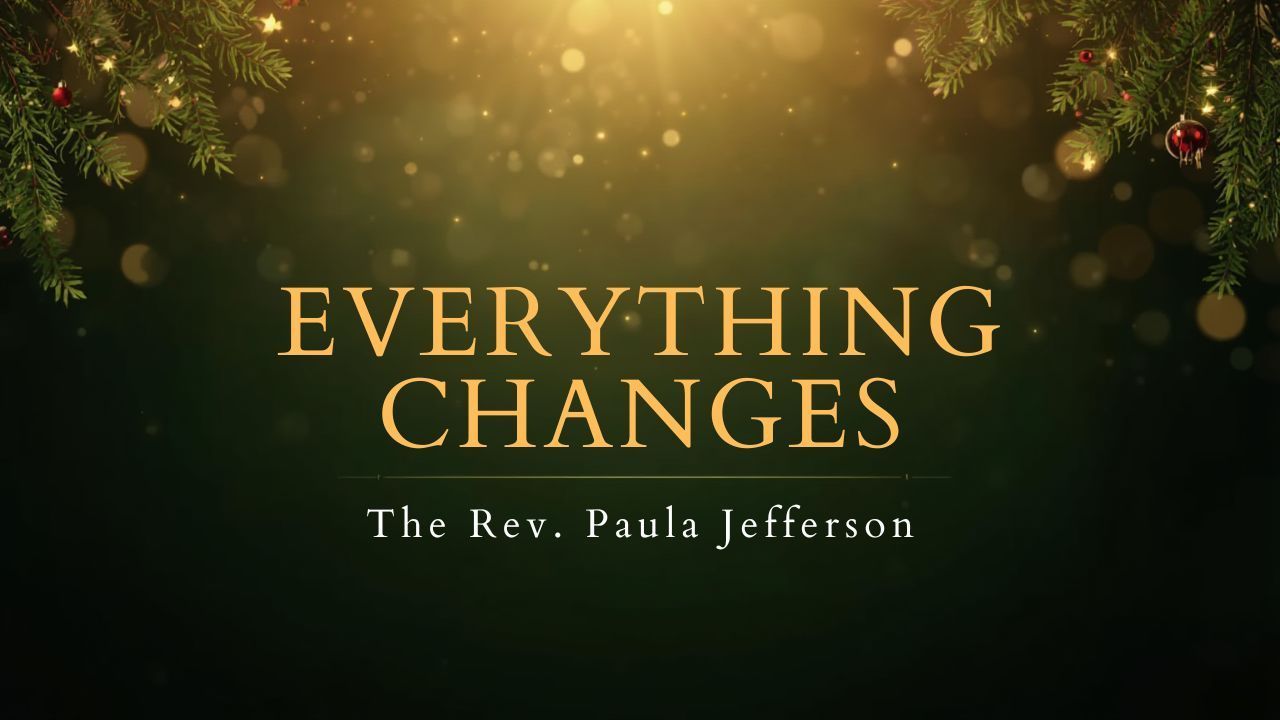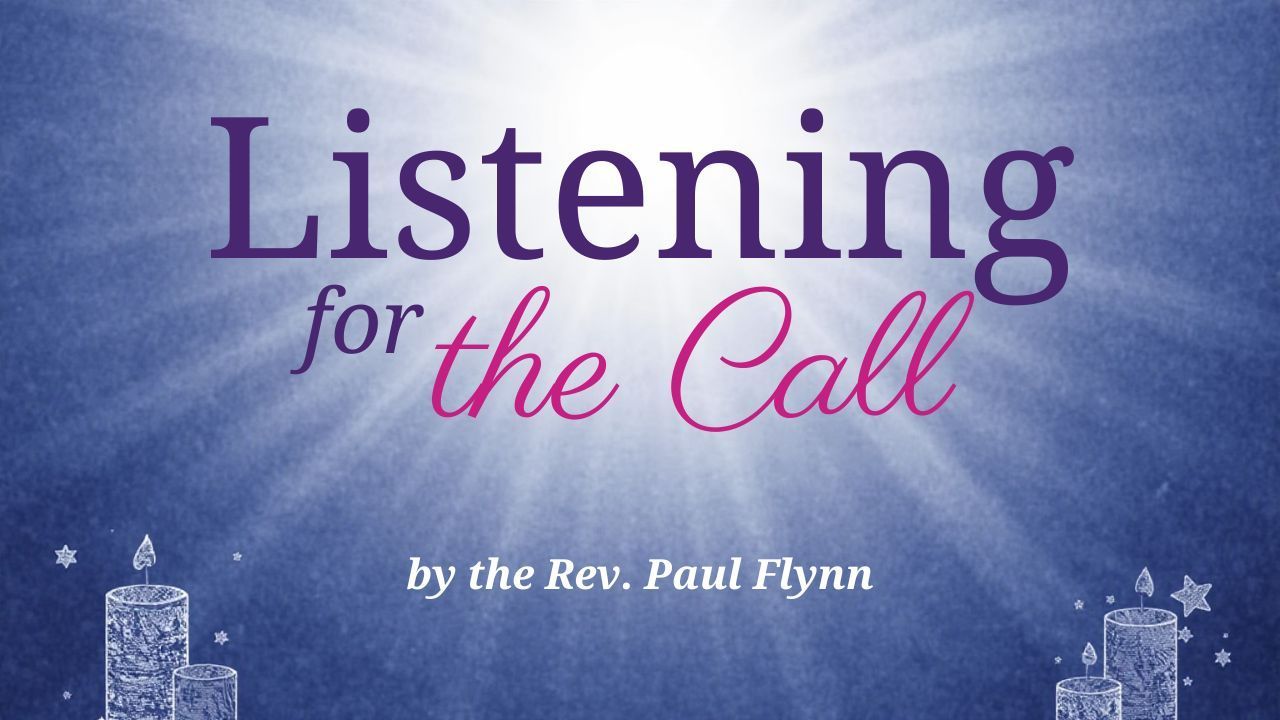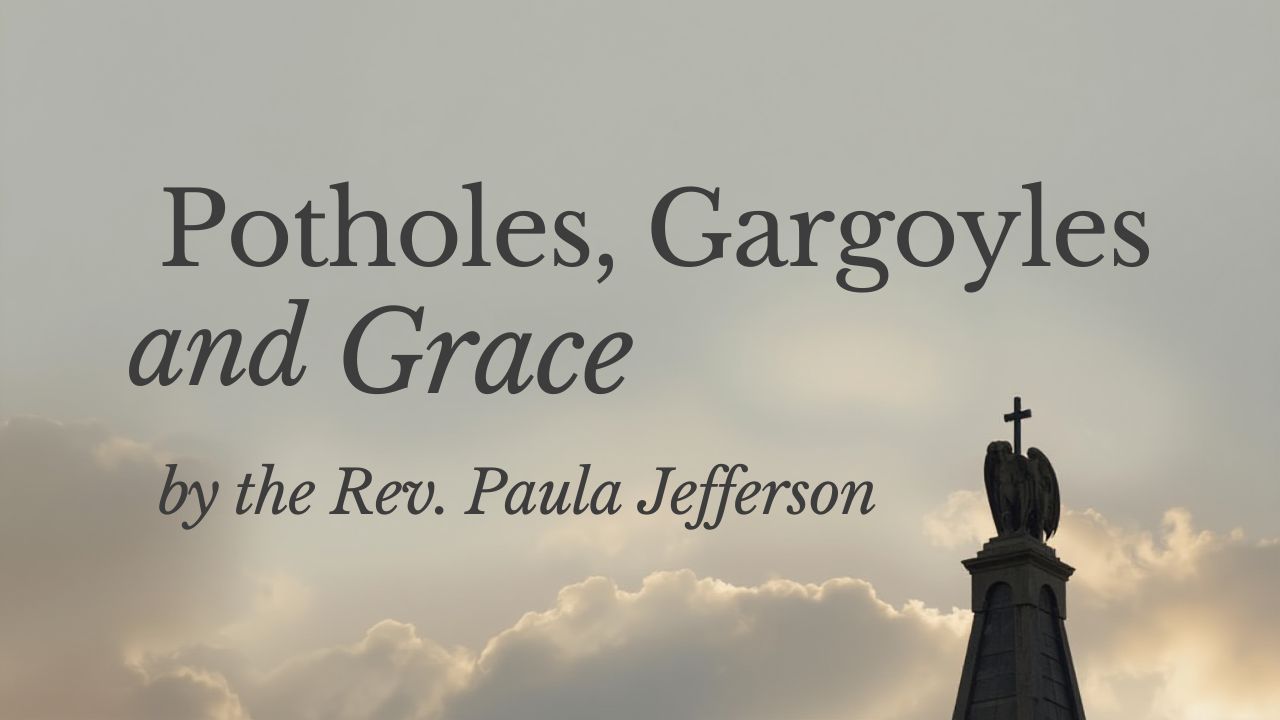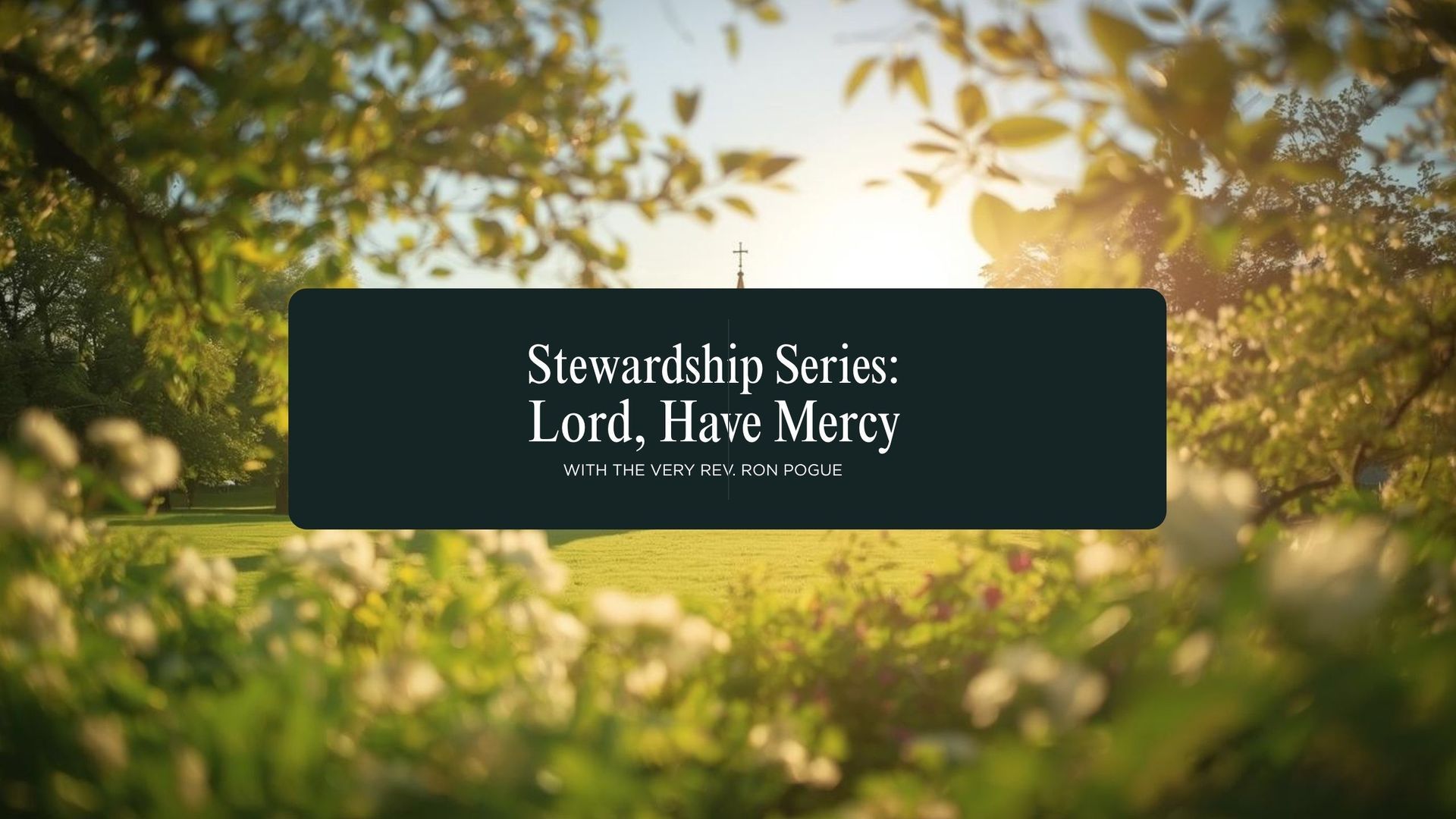A few weeks ago, I was hanging out with friends on a Sunday afternoon. Our conversation drifted into trading family war stories. We were having a good time one-upping each other with tales of “Who done me wrong’….. Oh, your sibling did that? Well, my sibling did this!” I’ll bet we wrote five country songs that afternoon. All we needed was a guitar and a tune.
Last week—and this week—Matthew puts the notion of ekklesia front and center.
We’ve talked it about ekklesia recently. It is the Greek word for a congregation, a people like us, who are called to be in community, not for just any old purpose but to respond together to God’s calling.
Peter starts today’s conversation: “Jesus, If another member of the congregation sins against me, how often should I forgive?’ Before Jesus can answer, Peter suggests the number seven. Should I forgive as many as 7 times?
Jesus gives Peter a numerical response and then he tells us a story. It’s a story that is as relevant today as it was the day Jesus told it.
A guy, who I’m going to call Joe, owes a large sum of money. Payment is demanded, but Joe has loaned the money to other people and he doesn’t have it. Before the lender throws Joe into debtor’s prison, Joe falls on his knees and begs for patience so that he can repay the loans.
The lender does an extraordinary thing: he releases Joe and forgives 100% of the debt. Clean slate.
What does Joe do with this amazing gift?
On his way out of the lender’s office, Joe bumps into somebody he loaned money to and he demands repayment of the money. Joe no longer owes this money to his lender but he intends to collect it and put it in his own pocket. The borrower falls on his knees and begs Joe to have patience, just as Joe had done. But Joe will not forgive the debt. He will not pay forward the gift of forgiveness.
Amy-Jill Levine says, “In a first-century context, sinners are individuals who have removed themselves from the common welfare, who look to themselves rather than to the community.”[1]
Said a bit differently, when forgiveness is lacking in community, it is comfortable to receive God’s Grace and forgiveness and be unconcerned or even unwilling to give that same gift to those who’ve wronged us.
On the back porch, our “Somebody done somebody wrong” songs were gaining energy like a wild fire until someone said, “The hardest two words to say are ‘I’m sorry.’”
Those words are filled with vulnerability.
Every Sunday, we—as a congregation-- kneel together before God, we confess our sins, and we receive God’s forgiveness. We are a forgiven people.
The question Jesus puts before us today is this: How are we paying forward the gift of God’s forgiveness in our congregation and in our community?
Yesterday, St. Christopher’s had a mutual ministry review. It’s a time when a facilitator helps the vestry and priest evaluate our work together. Early in our day, the facilitator said, “Most conflict within a church is associated with change”.
That’s a scary thought because we’ve had a whole lot of change in recent years. We’ve navigated COVID, loss of leadership, loss of parishioners, loss of stuff, and we’ve welcomed new leadership, new parishioners, and we routinely, intentionally create change: new programming, new opportunities to intersect with our community and on and on.
Every step of the way, we challenge one another’s vision of what it means to be “church”…ekklesia.
Some days we step on one other’s toes.
And those are the moments we are called to forgive over and over until we freely pay forward the gift of God’s forgiveness we have received. Jesus says this is what the kingdom of heaven is like where God’s gifts are received and re-gifted over and over again.
If our community is sitting on its back porch today singing a song about us, what is the song you hope they’re singing?
[1] Amy-Jill Levine; Short Stories by Jesus: the Enigmatic Parables of a Controversial Rabbi p36.
